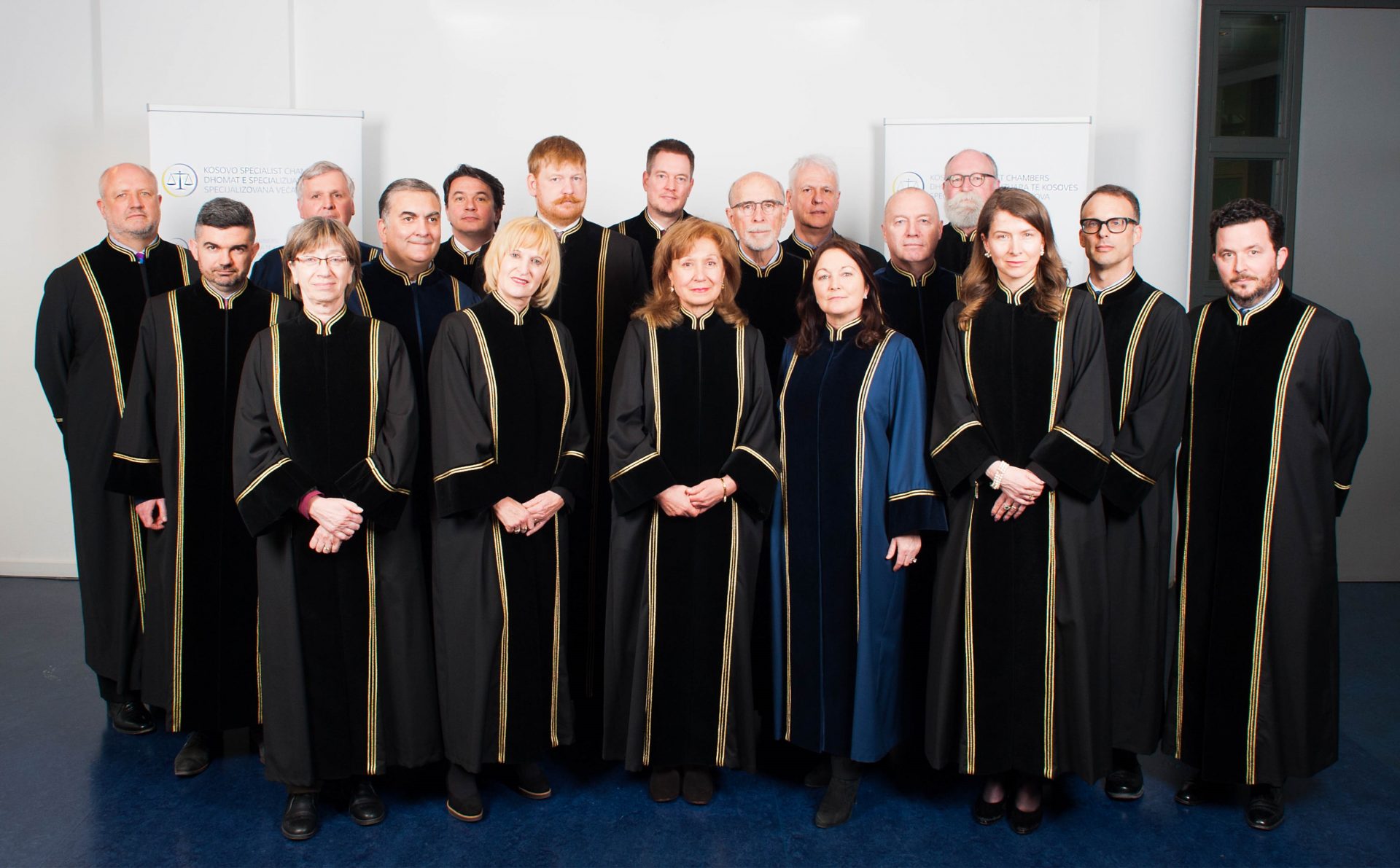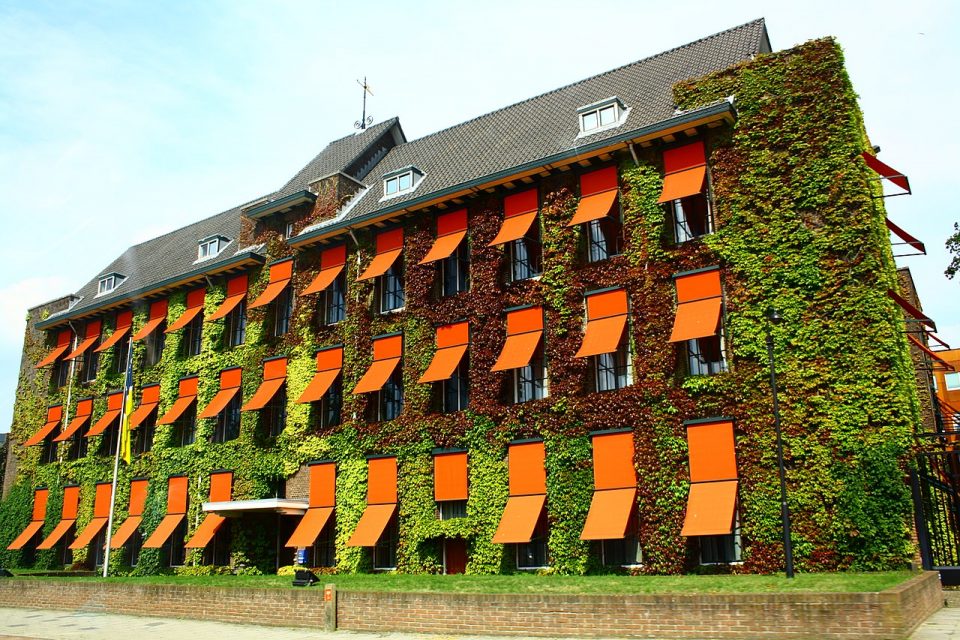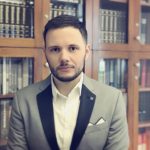
The Kosovo Specialist Chambers (SC), adopted by the Kosovo Parliament in 2015, is widely touted as a new, more promising attempt at achieving justice for unpunished war crimes.
A series of previous courts – the International Criminal Tribunal for the former Yugoslavia (ICTY), United Nations Mission in Kosovo (UNMIK), local courts, and, later, European Union Rule of Law Mission in Kosovo (EULEX) – have tried, but largely failed, to bring perpetrators of war crimes to trial.
The promise of the SC to correct previous failures stands in its attributes as a hybrid court. Part of the Kosovo judiciary, but situated in the Hague and constituted of international judges, the chambers represent a new type of courts that combine the strength of international tribunals with the benefits of local ownership. Its hybrid features would, arguably, enable the chambers to avoid the ethnic bias, social intimidation, and political pressure that typically plague war crimes investigations.
Despite its promise as a new institutional model, and ahead of its first indictments, the SC remains heavily contested in Kosovo proper. Its critics point to key problems – its ethnically-biased jurisdiction, fuzzy allegations, and secrecy of operation – as ‘birth’ defects that taint the Chambers’ goal to conduct impartial investigations. Such problems are becoming more visible within the context of the ethnically charged expectations that characterize post-war Kosovo, thus creating an inhospitable atmosphere in which the SC must operate.
Biased Jurisdiction
From the start, the idea of the SC was heavily contested by Kosovo Albanians given the core document that informs its statutes – the 2011 Dick Marty report. Specifically, the SC’s jurisdiction encompasses the investigation of crimes against humanity, war crimes under international law, and crimes under Kosovo law that were committed or commenced in the territory of Kosovo between January 1, 1998, and December 31, 2000, and which relate to the Marty report. Jurisdiction also includes crimes that have been the subject of criminal investigations by the Special Investigative Task Force (SITF). All previous courts investigating war crimes had clearly established that most such crimes related to the use of excessive force by the Army of Yugoslavia and Serbian Police Forces. Yet, Marty’s report focuses on and covers only members of the Kosovo Liberation Army (KLA) during the abovementioned timeframe.
Given its specific focus, many in Kosovo see the SC as a selective form of justice. In the words of Kosovo Albanian analyst, Njomza Haxhibeqiri, “The SC’s main shortcoming is its subject matter jurisdiction, which targets only KLA members, thus causing a validity problem from the Kosovo Albanian perspective.” A poll from April 2017 confirms that 76.4% of Kosovo Albanians believe it is unfair that the SC will mainly prosecute war crimes and crimes against humanity associated with the KLA. Haxhibeqiri further explains, “If the Law on the SC expands its scope beyond just the Marty report, to try crimes committed by others as well, it would save itself a lot of trouble… In this way, it would have Kosovo’s support and it might, indeed, contribute to uncovering a full-fledged truth instead of concentrating on only a portion of it.”

Another Kosovo Albanian analyst working on the issue, Agon Maliqi, warns that such a limited focus risks creating more resentment than justice: “If the prosecution is successful, the work of the SC could produce some sense of justice among the Kosovo Serb and Albanian communities who were targets of the KLA. Yet, targeting only the perpetrators from one side will eventually feed a sense of injustice among the wider Albanian community.”
The issue of the SC’s bias, however, depends on who you speak with. According to Serb activist, Aleksandar Rapajic, the role of the court is to determine individual and not ‘group’ responsibility: “The perception that the SC was established against Kosovo Albanians comes from those that fear they might be tried and sentenced by this institution. Individuals who committed war crimes and gained substantial financial gains are attributing ‘higher interests’ to their action to avoid any responsibility.” Nevertheless, the individual responsibility argument should apply to all ethnic groups and does not provide sufficient justification for why Albanians should be the only ones held accountable.
Fuzzy Allegations
The contestation of the SC’s jurisdiction goes hand in hand with the poor evidence that the Marty report offers to back up its allegations against a specific group, especially given the established evidence that most such crimes were committed by members of the Army of Yugoslavia and police forces. The existing local and international courts had expansive authority to investigate Marty’s allegations, but failed to provide evidence for, or even investigate, the alleged crimes, which makes it challenging for the SC to justify its focus on one group. According to Haxhibeqiri, “Dick Marty’s report on inhumane treatment and illicit organ trafficking sets clear recommendations for Kosovar institutions, Serbian institutions, and, most importantly, EULEX in its 19th Article. Marty’s report has been public since 2010 and EULEX has had more than enough time and the mandate to shed light on the alleged crimes, however, it did not.”
For the contestants of the SC, the passing of time certainly doesn’t help shed light on war crimes. According to Leonora Aliu, a journalist reporting about the court, “Almost 20 years have passed since the war and all the institutions that initiated investigations or brought charges for war crimes, before the SC was established, had a better chance of bringing war criminals to trial. There were more chances to find witnesses alive, with fresh memories and evidences. This institution will, therefore, be a bigger disappointment.”
As with almost every issue in Kosovo, Kosovo Serbs perceive the Marty report allegations and the passage of time differently. According to Rapajic, “War crimes do not have a statute of limitations. It is possible to conduct war crimes trials even after a long period of time has passed. This gives us hope that cases the SC has the mandate to adjudicate will be processed and that the victim’s families will receive justice, despite the passage of time.”
Shrouded in Secrecy
Since much of the skepticism confronting the SC is a by-product of the failures of previous courts, it needs to better publicize its case for offering a better solution as a new institutional choice. Still, the Kosovo public is largely in the dark about the SC’s scope of work and activities. As Maliqi explains, “The outreach has been extremely minimal. There does not seem to have been any effort to address perceptions about the selective nature of the court.”
Haxhibeqiri confirms: “They do not even have an office in Kosovo, which could be considered odd. Even if the mandate was not biased, this distanced behavior causes the population to see them as an external influence and not something driven from the inside. Their responses remain non-existent and public appearances highly limited.”
The limited outreach allows space for misinterpretation and misinformation. According to Aliu, “Each time a well-known former KLA leader goes to The Hague and comes back, he says nothing in front of the TV cameras except that the process is against the KLA and is unfair. Right now, all people know about the SC is either what they hear in the news, mostly heroic statements from former KLA members, or rumors. There is nothing concrete that would help people build a logical, realistic opinion about the SC.”
The SC must now operate in an inhospitable social and political atmosphere that it had in hand in creating. A report from the Group of Legal and Political Studies not surprisingly concludes that the SC outreach office needs to cooperate more with the Government of Kosovo, civil society groups, and the international community in delivering a comprehensive and inclusive program of public dialogue that would counter the general perception that the SC as an insult to, or even conspiracy against, the KLA and its war for freedom.
This article is part of wider research supported by the Kosovo Foundation for Open Society as part of the project “Building knowledge about Kosovo (3.0)”, whose findings will be published soon.






